Past as Prologue
The Coronavirus is fundamentally reshaping our world, including the entertainment industry. Already Hollywood has scuttled production schedules, streamed would-be wide theatrical releases, and adopted DIY production values, with late shows helmed from hosts’ homes and FaceTime-powered interview series. Though the production side of content will likely return to “normal” once this is all over, it’s less likely that content itself will be the same.
Shock events and social upheavals have always sent ripples through popular culture, altering content’s form and format. The Coronavirus pandemic is no different. But how will it change our entertainment culture? How will it impact story-telling? What will we watch post-Coronavirus? It’s impossible to say exactly, but it may be instructive to look at how entertainment adapted during and after the eras with which our present’s being compared: The Great Depression and World War II.
The Great Depression couldn’t have come at a worse time for Hollywood. The still-burgeoning industry had just embraced expensive talkies, leaving their bottom lines vulnerable to the market plunge. Many of the industry’s biggest names – Fox, Warner Brothers, Universal – to the brink of bankruptcy, while pushing others – Paramount, RKO – right over the edge. As Variety wrote in 1931, “Show business… is in the most chaotic condition its ever known.” But while the Depression was murder on entertainment’s budgets, it also brought boom of innovation. Desperate to draw dwindling audiences, studios took bigger chances, often ignoring censors and social norms in the process. Paramount, for example, hired Mae West to write and act in “sin-ema” – scintillating flicks filled with sly smiles, wicked winks, and “naughty” one-liners – a combination that saved the studio from complete ruin and revived West’s career.
Other studios backed new-fangled gangster films and elevated horror monsters like Dracula – reflections of the chaos at large. Movies such as Freaks and I Am A Fugitive from a Chain Gang, both of which struck at the social injustice of the capitalist world. And reels of satire skewered America’s failed institutions – the Marx Brothers regularly took aim at the powers that be; George Burns and Gracie Allen’s radio show highlighted the absurdities of modern life; and radio star Will Rogers’ “underdog” spoke to a left-leaning zeitgeist that valued the common man more than the capitalist. Where once institutions ruled the roost, now people rooted for the little guy.
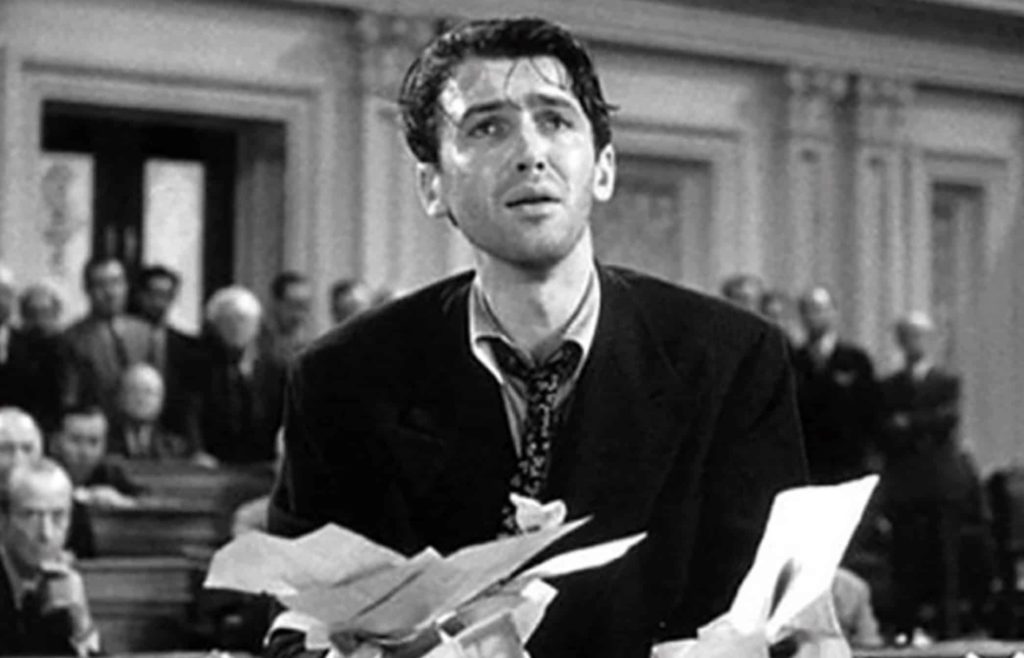
As revolutionary as this content shift was at the time, it didn’t last long. Even as the Depression dragged on, it was clear a second world war was looming overseas. Fascism was rising in Europe, and American pop culture responded by drifting back to the right, reflecting and reinforcing democratic ideals. Screenwriters and producers who previously scoffed at authority now realigned their alliances, elevating obedience to the top of the ranks. Big-screen gangsters were replaced with law and order types, such as G-Men and Public Hero #1 and the New Deal-era titles Mr. Smith Goes to Washington and Meet John Doe took aim at corruption in politics and media but didn’t attack the institutions themselves. These were little guys working within the system, rather than railing against it. Yes, there were still plots centered around the proletarian – 1940’s The Grapes of Wrath adaptation, for example – but the tides were clearly turning. The American people were falling into line. Or, rather, being led there.
Patriotism became the plot of choice for movies and radio as we launched into war. Dramas and comedies alike celebrated GIs and home front heroes — see, for example, The Yank in the RAF; Buck Privates; and The Best Years of Our Lives — and innovative comic book heroes Superman and Captain America fought for Uncle Sam and all he held dear.
Later, after the war was won, proud patriotism transitioned into allegiance and conformity. Anyone who spoke out against capitalism or mentioned inequality was immediately blacklisted as a “commie.” In fact, in 1945, the head of The Motion Picture Association is an American told writers, “We’ll have no more Grapes of Wrath. We’ll have no films that treat the banker as villain.” Thus, instead of underdogs, the heroes of this era were army men or other straight-and-narrow types. Movies such as The Fighting Sullivans, She Wore a Yellow Ribbon, and Back to Bataan glorified the war effort, while snappy musicals such as Welcome Stranger and Easter Parade tried to turn the page from death and destruction. Entertainment now was all about celebrating – and prescribing – an idealized version of American life, especially after television’s rise. This was the era of Donna Reed and Father Knows Best, of folk heroes like Davy Crockett, and of Disney. Everything was happy and light and red, white, and blue.
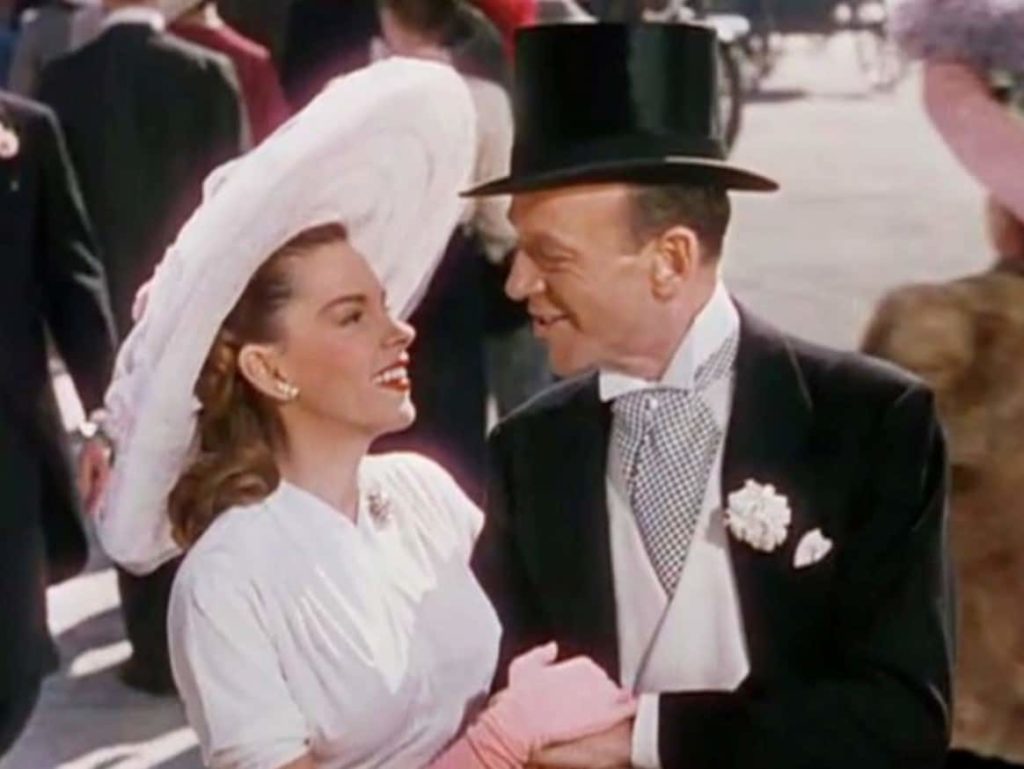
Yet beneath the cloying post-war veneer, there was a whiff of existentialism, as seen in the rise of violent, suspenseful noir narratives and bizarre B-Movies – all undoubtedly influenced by the A-Bomb and humanity’s realization it could all end at any moment, any day. Sounds familiar, no?
Right now, at this moment, the States and the whole world are going through an event akin the Depression and Second World War rolled into one. We face economic uncertainty, widespread fear, and terrible death. Yet we’re also rallying around our communities and coming together – but still apart – to fight what’s being described as an “invisible enemy.” There’s no way this won’t shape our culture for years, and even generations, to come.
Again, it’s impossible to say how this crisis will shape said culture, because it largely depends on how it ends. If world governmental and civic institutions tidily wrap this up, expect scads of ra-ra patriotism and reverence to authority a la post-World War II era. If this ends with significant amounts of death and depression – currently the most likely course – expect more absurdism and cynicism, as in the Depression era. And existentialism is probably in the cards for either scenario, as well.
It’s also just as likely that we’ll see a shift in our heroic archetypes. Just as the Great Depression brought the common person and their struggles to the forefront, so too will this pandemic create a new awareness, and appreciation, for struggling individual and communities from coast-to-coast. And, similarly, just as entertainment post-WWII celebrated that war’s heroes – soldiers – we can expect post-coronavirus narratives to revolve around the champions of this war: healthcare workers. Perhaps we’ll see a version of a M.A.S.H. reboot, gallows humor and all?
Regardless of plots or casting, there’s no doubt the entertainment industry will innovate and adjust to the times, just as it always has, and we will all turn to entertainment to make sense of it all, just like normal.


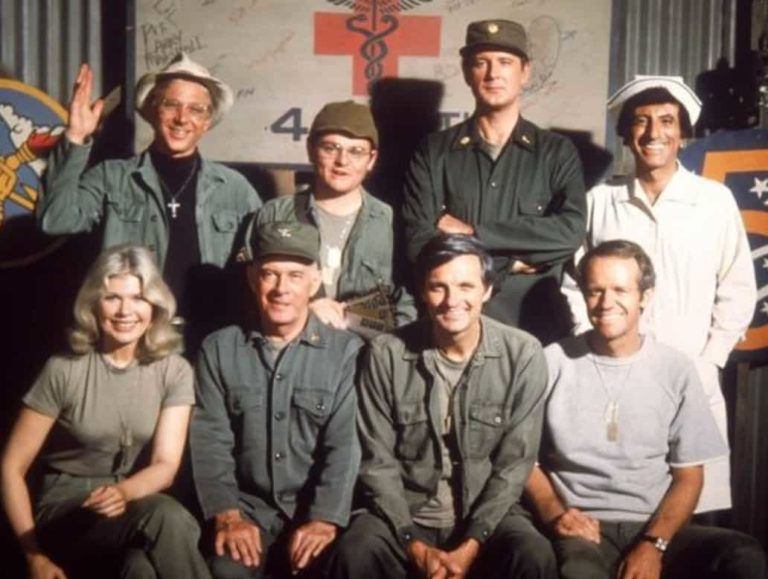
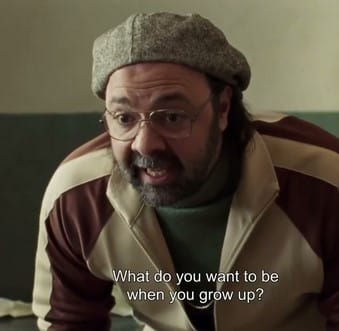

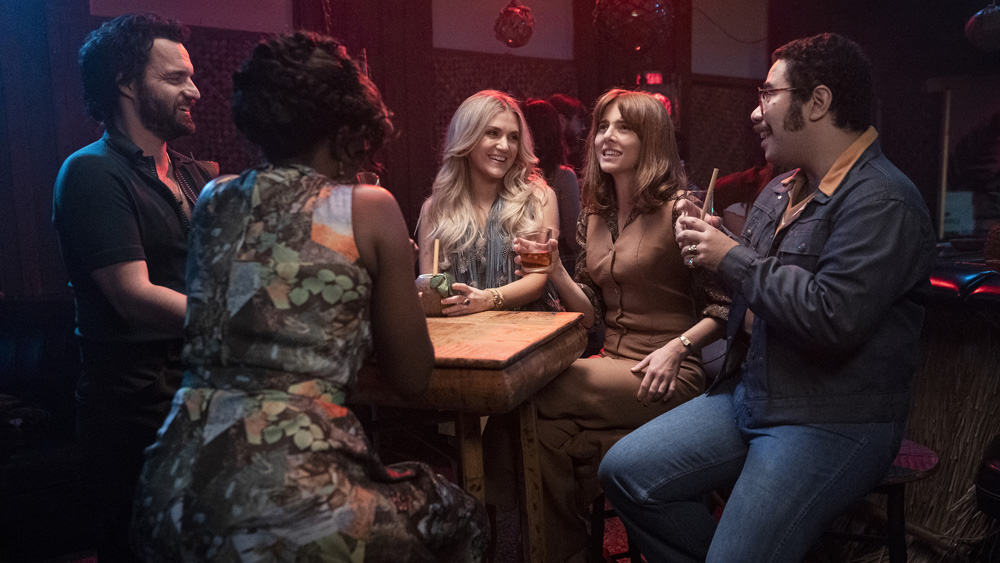
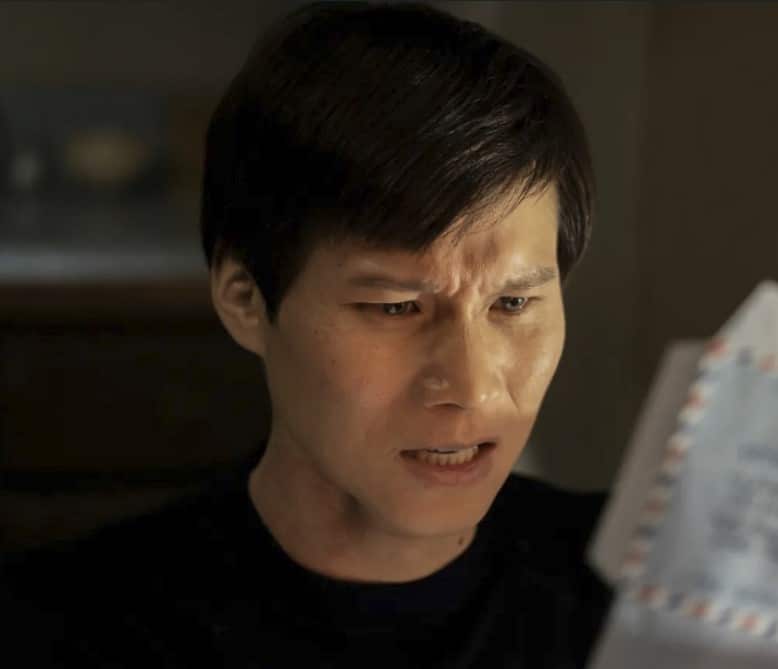


Start a watercooler conversation: